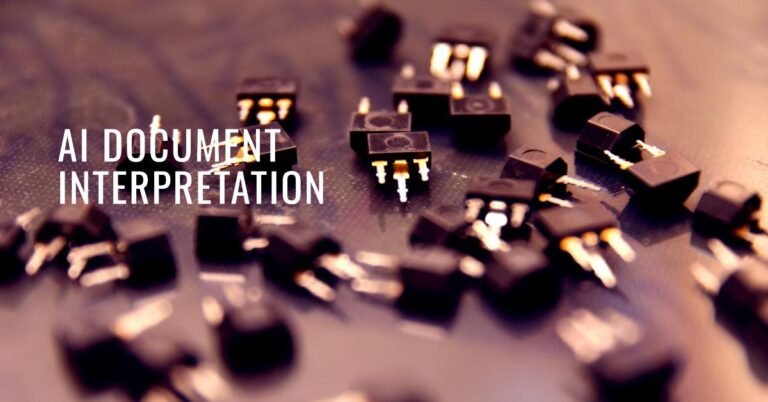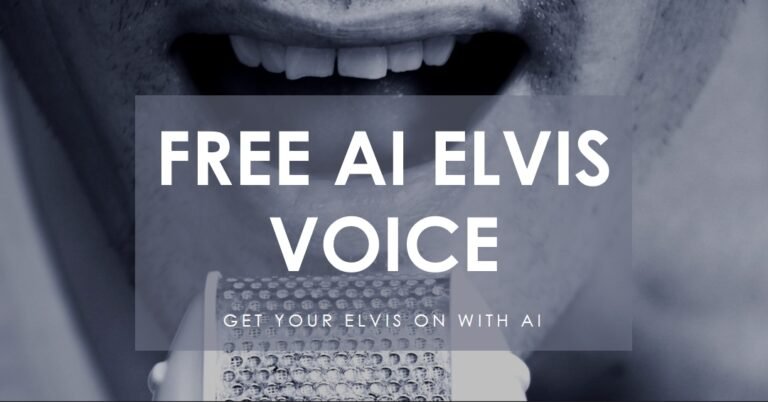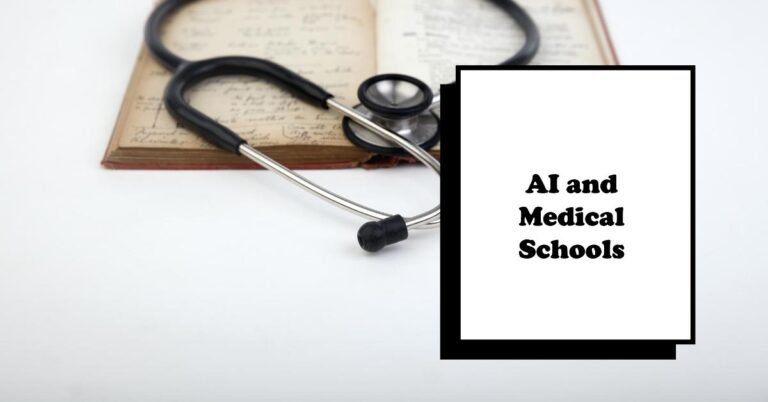
Are Medical Schools Checking If You Use AI
Are medical schools checking if you use AI? In today’s rapidly changing landscape, it’s a question that’s crossing the minds of many aspiring medical students. With artificial intelligence tools like ChatGPT becoming increasingly popular, you might wonder if these schools are cracking down on AI use. Well, you’re in the right place—let’s break it down and find out what’s happening behind the scenes.
Understanding AI in Medical School Applications
AI has made its way into almost every aspect of life, and education is no exception. From helping students draft essays to answering complex medical questions, AI tools can be incredibly useful. But are medical schools keeping an eye on who uses AI? The answer is… kind of.
Medical schools aren’t outright banning AI in all cases, but they’re starting to pay attention. According to some sources, schools are concerned about applicants relying too heavily on AI tools. They want to make sure that the personal statements, essays, and other parts of your application reflect your thoughts, not just a polished AI-generated version. After all, medical schools are looking for future doctors who can think critically and communicate effectively—not just people who can run a bot.
How Do Medical Schools Detect AI Use?
This is the million-dollar question: Can medical schools tell if you used AI? Well, yes and no.
- Plagiarism Detection Tools: Many medical schools already use plagiarism detection software to ensure that essays and personal statements are original. Some of these tools are being updated to also detect AI-generated content. These AI-detection tools analyze the writing patterns, looking for signs of machine-generated text, which tends to be more predictable and uniform than human writing.
- AI Detection Software: A few schools have started experimenting with AI detection software. However, even the best AI detectors aren’t perfect. False positives can happen, and AI-generated content can slip through the cracks. This makes it a bit of a gamble, but schools are increasingly trying to spot AI-generated text.
- Human Review: Admissions officers, who read thousands of applications, are pretty good at spotting inconsistencies. If your essay suddenly sounds robotic or unnatural, it might raise a red flag. Medical schools want to see authenticity in your writing, and they can usually tell when something feels off.
Why Medical Schools Care About AI Use?
You might be thinking, Why does it matter if I use AI? After all, if AI helps you improve your writing, shouldn’t that be a good thing?
The primary concern medical schools have with AI use boils down to authenticity. Medical schools want to know you—the real person behind the application. They seek applicants who can communicate their thoughts clearly and share personal experiences that demonstrate passion and commitment to medicine. AI-generated content can often sound generic or fail to capture the nuance of your journey, which is something admissions officers want to avoid. Furthermore, relying too much on AI may raise questions about your ability to think critically and communicate effectively—two essential skills for a future physician.
Are Medical Schools Checking If You Use AI?
Yes, some medical schools are checking for AI use, though the process isn’t perfect. They’re using a combination of plagiarism detection tools, AI detectors, and the good old-fashioned human eye to spot potential AI involvement. That being said, many schools are still figuring out how to handle AI in admissions, and policies vary widely from one institution to another.
AI and the Future of Medical School Admissions
As AI technology continues to evolve, it’s likely that medical school admissions will evolve with it. AI could be used to process applications more efficiently or help schools spot trends in applicant data. But it also raises ethical questions. How much AI assistance is too much? Should students be penalized for using a tool that’s becoming commonplace?
In the future, we might see clearer guidelines on AI use in applications. Some schools may ban it entirely, while others may embrace it as part of the process. But for now, applicants should proceed with caution.
The Ethical Implications of AI in Admissions
Using AI can be tempting, especially when you’re dealing with the high stakes of medical school admissions. But is it ethical? Some schools have established clear guidelines on AI use, while others are still developing policies. In some cases, schools may permit the use of AI for specific tasks, like grammar checking or idea generation, but they expect the final product to be entirely your own.
It’s important to review the guidelines provided by each school you apply to and ensure that your use of AI aligns with their expectations. If you’re unsure, it’s best to limit AI use to minor revisions rather than generating entire sections of your application.
What Should You Do?
So, what’s the best course of action if you’re applying to medical school and considering using AI tools like ChatGPT?
- Use AI as a Helper, Not a Crutch: It’s okay to use AI to brainstorm ideas or polish your writing. But make sure that your final draft reflects your unique voice and perspective. Don’t rely solely on AI-generated content.
- Be Honest: Some medical schools are allowing AI use within specific guidelines. Check the policies of the schools you’re applying to. If they permit AI, follow their rules. Transparency is key.
- Focus on Authenticity: Admissions officers want to get to know the real you. Authenticity will always stand out, especially in a field like medicine where personal stories and motivations matter. Share your true experiences, and let your personality shine through.
A Medical School Applicant’s Story
Take the case of Sarah, a pre-med student applying to a competitive medical school. Feeling the pressure, she used an AI tool to generate her statement. The essay read well, but Sarah made the mistake of submitting it without significant personal edits. Unfortunately for her, the admissions team flagged her essay through their AI detection software. Although her grades and test scores were excellent, her application was rejected due to concerns about authenticity.
This story serves as a cautionary tale: using AI can backfire if it’s not handled carefully. It’s essential to maintain your voice and originality throughout the application process.
Final Thoughts
As AI becomes more integrated into our daily lives, it’s only natural for its role in education and admissions to grow as well. Medical schools are slowly starting to check for AI use, but the landscape is still evolving. The key takeaway is? Use AI wisely, but don’t let it overshadow your voice and authenticity.
If you’re applying to medical school, focus on showing the admissions team who you are and why you’re passionate about medicine. Whether you use AI or not, remember that your application is your chance to stand out as a future doctor—one who can think critically, communicate effectively, and bring compassion to the field.
So, are medical schools checking if you use AI? Yes, but it’s up to you to make sure that AI enhances your application rather than detracts from it.
Have you ever used AI in your application process? Share your experience in the comments below, and let’s discuss how to best navigate the world of AI and medical school admissions.



